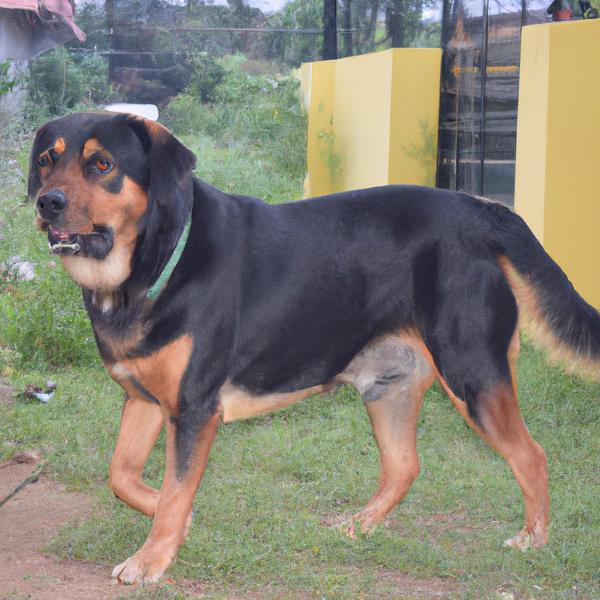Reagle vs. Coton Eskimo: Breed Differences and Similarities
Hypoallergenic
Are Reagles or Coton Eskimos hypoallergenic, or neither?
Unfortunately, neither Reagle nor Coton Eskimo are hypoallergenic, which may not make them the best choice for dog lovers who suffer from pet allergies.
Temperament
What are the personalities of Reagle and Coton Eskimo dogs?
Loving
Independent
Protective
Alert
Courageous
Intelligent
Friendly
Loyal
Lively
Gentle
Sweet
Fearless
Good-natured
Playful
Independent
Energetic
Protective
Alert
Intelligent
Friendly
Affectionate
Lively
Trainable
Vocal
Shedding Level
Do Reagles shed more than Coton Eskimos, or which breed sheds more, Reagles or Coton Eskimos?
Reagles are moderate shedders, but regular brushing can reduce shedding and maintain coat health.
Coton Eskimos are heavy shedders, but regular brushing can help manage shedding and promote a healthy coat.
Watchdog Ability
Which dog breed makes a better watchdog, the Reagle or Coton Eskimo?
Reagle and Coton Eskimo are very good watchdogs. They are a vocal breed and are wary of outsiders, so if someone approaches your home or aims to intrude, these breeds are going to make sure everyone knows about it.
Ancestry
What are the origins of Reagle and Coton Eskimo breeds?
Beagle and Rottweiler
Coton de Tulear, American Eskimo
Breed recognition
Which kennel clubs recognize/register Reagle and Coton Eskimo?
DDKC = Designer Dogs Kennel Club
DRA = Dog Registry of America, Inc.
ACHC = American Canine Hybrid Club
DDKC = Designer Dogs Kennel Club
DRA = Dog Registry of America, Inc.
IDCR = International Designer Canine Registry®
Date of Birth
When were Reagle and Coton Eskimo breeds first developed?
Unknown
Eye Color Possibilites
What are the eye colors of Reagle and Coton Eskimo dogs?
Brown
Amber
Brown
Nose Color Possibilites
What are the natural nose colors of Reagle and Coton Eskimo?
Black
Brown
Black
Coat Color Possibilites
What are the natural colors of the coat for Reagle and Coton Eskimo breeds?
Black
Fawn
White
White
Pied
Cream
Coat Length
What is the typical coat length for Reagle and Coton Eskimo breeds?
The coat of Reagle and Coton Eskimo dogs falls in the medium-length category.
Coat Density
What is the density of the coat of Reagle and Coton Eskimo?
Coat Texture
What is the hair texture of Reagle and Coton Eskimo?
Straight
Litter Size
What is the usual litter size for Reagle and Coton Eskimo?
A Reagle can have a litter of 2-14 puppies on average. However, it's worth noting that the size of the litters can vary greatly. Factors that can influence litter size include the health of the mother, breeding history, and genetics.
A Coton Eskimo can have a litter of 4-6 puppies on average. However, it's worth noting that the size of the litters can vary greatly. Factors that can influence litter size include the health of the mother, breeding history, and genetics.
Adaptability
The adaptability of Reagle and Coton Eskimo dogs is a well-known trait. They are known for being able to adjust well to different living environments and lifestyle changes.
Health Issues
Between Reagle and Coton Eskimo, which breed is more prone to health problems?
Reagle and Coton Eskimo breeds are generally considered to be healthy. However, like all breeds, they are susceptible to certain health issues and it is important to keep an eye out for them and address them with your veterinarian as needed.
Major Concerns
What are the major health concerns for Reagle and Coton Eskimo breeds?
Osteosarcoma
Hip And Elbow Dysplasia
Bloat
Subvalvular Aortic Stenosis
Congenital Heart Defect
Lymphoma
Invertebral Disc Disease
Progressive Retinal Atrophy
Hip Dysplasia
Minor Concerns
What minor health issues should be kept in mind when owning Reagle and Coton Eskimo?
Entropion
Panosteitis
Progressive Retinal Atrophy
Glaucoma
Epilepsy
Von Willebrand's Disease
Osteochondritis Dissecans
Patellar Luxation
Legg-Calve-Perthes Disease
Heart Murmur
Occasional Tests
What occasional tests are recommended for Reagle and Coton Eskimo breeds?
Eye
Hip
Elbow
Blood
Heart
X-Rays
Eye Examination
Physical Examination
X-Rays
MRI
CT Scan
Physical Examination
Blood Work
Ophthalmic Examination
Energy
How do the energy levels of Reagles and Coton Eskimos compare?
Reagle and Coton Eskimo breeds are known for their high energy levels, so if you're looking for a more low-key dog, these breeds may not be the best choice.
Social Needs
Reagle vs Coton Eskimo social needs comparison
Reagle and Coton Eskimo have very high social needs. These needs include regular mental and physical stimulation, a job or purpose, and companionship. They thrive in environments where they have a lot of interaction with humans and other dogs.
Exercise Needed
Reagle vs Coton Eskimo exercise need comparison.
Reagles require significant physical activity and suit those with an active lifestyle.
Coton Eskimos need moderate physical activity and are great for families and active individuals.
Sleeping Need
Which of the two sleeps the most/least: Reagle or Coton Eskimo?
Reagle and Coton Eskimo dogs tend to sleep less than some other breeds, but it's still important for them to get adequate sleep in order to maintain good health.
Tendency to Bark
Do Reagles or Coton Eskimos bark more/less frequently?
The Reagle is a vocal breed that frequently barks and howls, and may not be suitable for those seeking a quiet companion.
Coton Eskimos bark moderately when necessary and may also bark due to certain triggers like fear, alarm, boredom, greeting, separation anxiety and compulsive barking.
Mouthiness
Mouthiness Comparison: Reagle vs Coton Eskimo?
Roaming urge
Reagle vs Labrador: Running away tendency?
Prey Drive
Reagle or Coton Eskimo - which breed has a higher level of prey drive?
Activity Level
Which breed has higher energy, Reagles or Coton Eskimos?
Both Reagle and Coton Eskimo are medium-energy dogs that enjoy socializing and playing with other dogs. They may engage in casual or sustained games of chase, and occasionally have bursts of barking or racing around the house.
Tolerance of being left alone
Walks per Week
How many miles should Reagle or Coton Eskimo walk each week?
There's really no limit to how far you walk your dog as long as they're comfortable. For Reagle, it's at least 10 miles / week. Just remember to build distance and stamina gradually over time.
There's really no limit to how far you walk your dog as long as they're comfortable. For Coton Eskimo, it's at least 9 miles / week. Just remember to build distance and stamina gradually over time.
Activity per Day
Do Reagles or Coton Eskimos require more exercise?
In general most Reagles usually need at least 60 minutes of exercise daily. This can be spread across the day and include all sorts of high-energy activities, like walking, running and playing.
In general most Coton Eskimos usually need at least 45 minutes of exercise daily. This can be spread across the day and include all sorts of high-energy activities, like walking, running and playing.
Grooming
Which breed is easier to maintain in terms of grooming, Reagles or Coton Eskimos?
The Reagle is a low-maintenance breed that doesn't require much grooming.
Coton Eskimos require significant grooming, including regular trims and professional grooming assistance to maintain their coat. They may also require frequent bathing to keep their coat and skin healthy.
Brushing Frequency
What is the recommended brushing frequency for Reagle and Coton Eskimo dogs?
Ideally, Reagle should be brushed at least 2 or 3 times a week (preferably daily) improve shedding.
Coton Eskimo should be brushed at least once a week. Of course you can give them more frequent brushes if you find that they are still shedding a lot
Brushing Tools
What brushing tools are used for Reagles and Coton Eskimos?
Slicker Brush
Deshedder
Nail Clipper
Pin Brush
Slicker Brush
Dematter
Nail Clipper
Cups
How much food should be given to Reagle or Coton Eskimo in cups?
For an average 50-85 pound (23 - 39 kg) Reagle feed 2.5 cups daily. But, keep in mind, the amount you feed is going to be dependent on the quality of the food you are feeding.
For an average 15-25 pound (7 - 11 kg) Coton Eskimo feed 3 cups daily. But, keep in mind, the amount you feed is going to be dependent on the quality of the food you are feeding.
Daily Cost
Which breed has a higher daily cost, Reagle or Coton Eskimo?
The average cost of a Reagle is somewhere $2.00 - $2.10 per day.
The average cost of a Coton Eskimo is somewhere $1.70 - $2.00 per day.
Monthly Cost
Which breed has a higher monthly cost, Reagle or Coton Eskimo?
The average per month expenses of a Reagle is between $42 - $55. This makes an average of $504 - $660 per year. It will be on the higher side when the dog is still small because it will need more frequent visits to the vet, shots.
The average per month expenses of a Coton Eskimo is between $48 - $63. This makes an average of $576 - $756 per year. It will be on the higher side when the dog is still small because it will need more frequent visits to the vet, shots.
Intelligence
Comparing Intelligence: Reagles vs Coton Eskimos
Reagle is highly intelligent and very trainable.
Coton Eskimo is a very intelligent and trainable breed.
Sensitivity Level
How do Reagle and Coton Eskimo compare in sensitivity?
This breed is sensitive and requires gentle handling and a calm home environment.
This breed is sensitive to its environment and best suited for patient and understanding families with a consistent routine.
Affection Dependance
Which is the more affectionate dog breed: Reagle vs Coton Eskimo?
Apartment Friendly
Which breed is more apartment-friendly: Reagle or Coton Eskimo?
Reagles are good apartment dogs as long as they get enough exercise and stimulation outside of the apartment.
Coton Eskimos make excellent apartment dogs, being fairly active indoors and not requiring a yard.
Child Friendly
Do Reagles or Coton Eskimos have a friendlier temperament towards children?
Reagle and Coton Eskimo are kid-friendly dogs. They are good with children and excellent dogs with children if they are socialized and trained at a young age.
Senior-friendly
Which dog is more suitable as a pet for the elderly - Reagle or Coton Eskimo?
Cat Friendly
Do Reagle or Coton Eskimo breeds have a better compatibility with cats?
Reagles are average in their friendliness toward cats and tend to do well with them, especially if raised together.
Coton Eskimos are good with cats, but early training is needed to prevent chasing behavior.
Dog Friendly
Which breed is more sociable with other dogs: Reagle or Coton Eskimo?
Reagles are average in their friendliness towards other dogs, and socialization can help.
Coton Eskimos are friendly and active companions, and can be good family pets, though their friendliness towards other dogs may vary.
Pet friendly
How do Reagle or Coton Eskimo dogs interact with other pets?
Stranger Friendly
Which breed is more friendly with strangers: Reagle or Coton Eskimo?
Reagle and Coton Eskimo are average friendly around strangers. They can be wary around strangers and a little standoffish, so early socialization is key to ensure they are comfortable around new people.
Playfulness
Which breed is more playful between Reagle and Coton Eskimo?
Reagles are a playful breed that needs daily playtime to be happy.
Coton Eskimos are very playful, so adopting an older one might be a better option for a more relaxed experience.
Trainability
How do the trainability levels of Reagles and Coton Eskimos compare?
Reagle and Coton Eskimo dogs are known for their ease of training and ability to learn quickly, making them a popular choice for pet owners and trainers alike.
Compare Reagle with other breeds
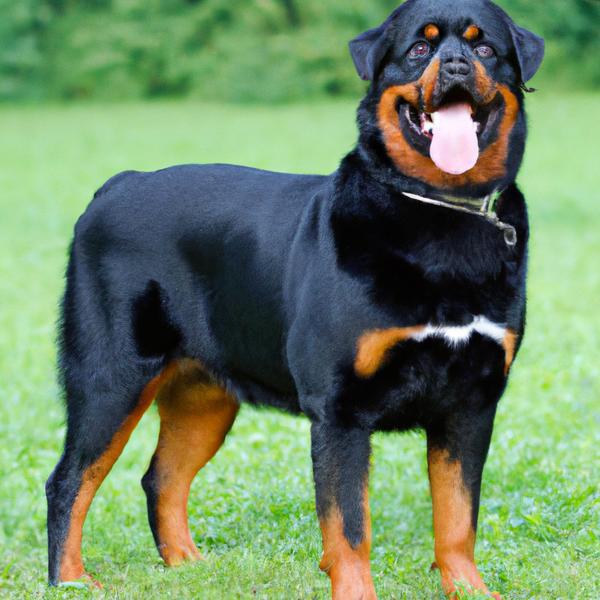
Bernese Rottie
Reagle vs Bernese Rottie
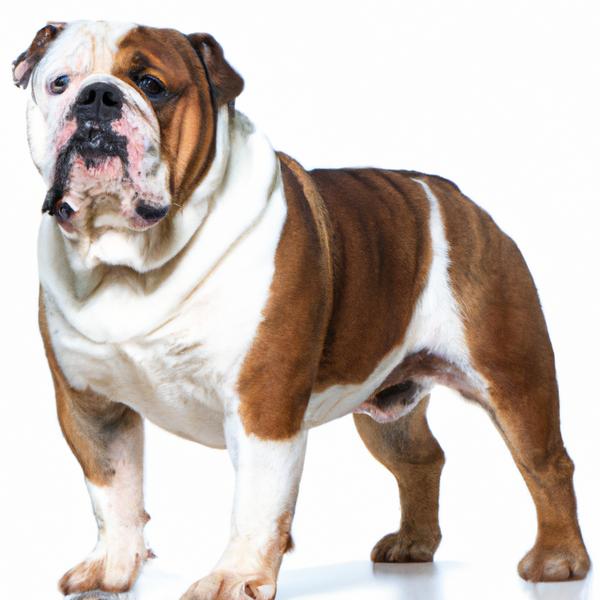
English Presa Bulldog
Reagle vs English Presa Bulldog
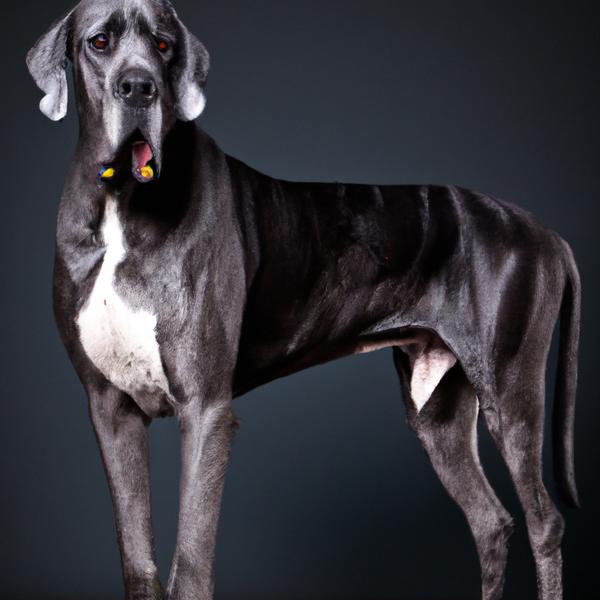
Great Dane
Reagle vs Great Dane
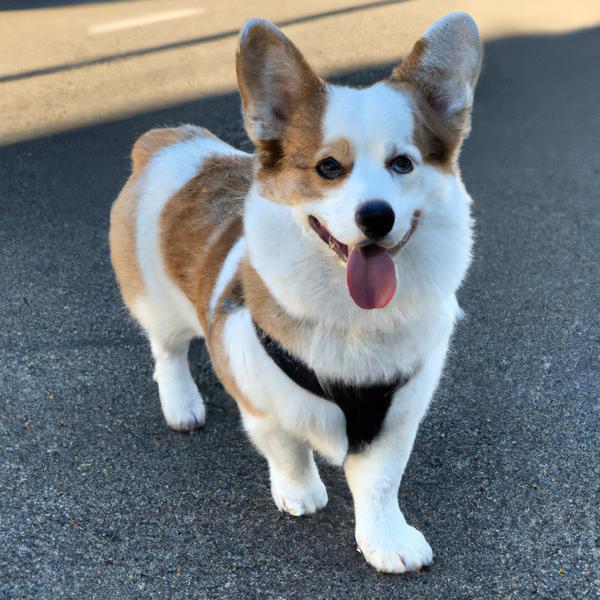
Corgi Bichon
Reagle vs Corgi Bichon
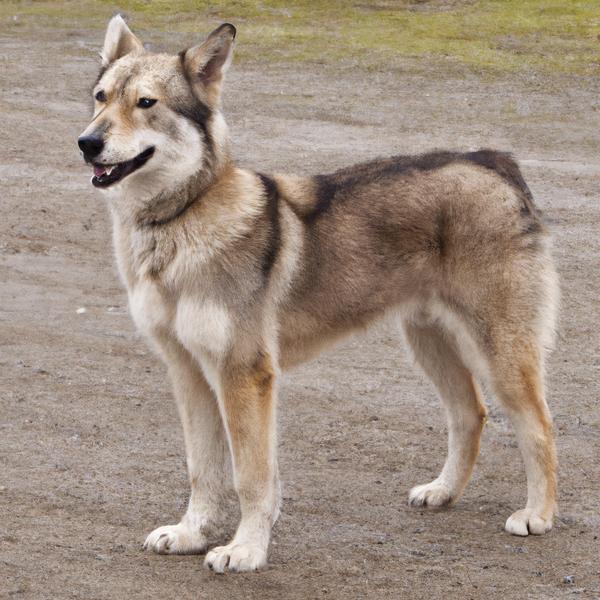
Elk-Kee
Reagle vs Elk-Kee
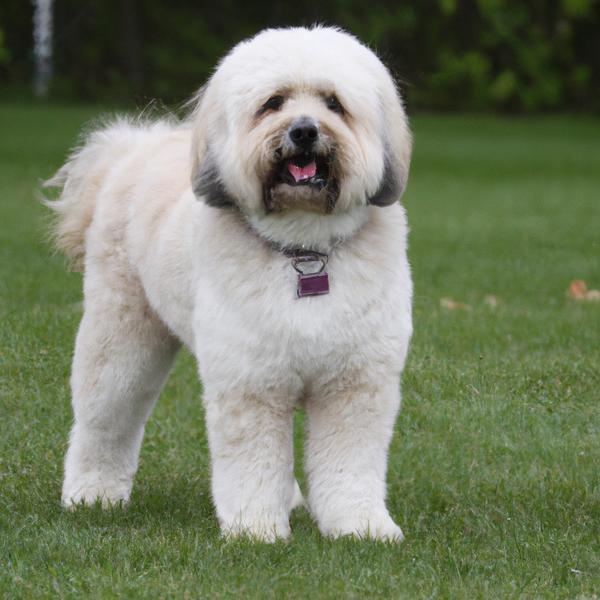
Siberpoo
Reagle vs Siberpoo
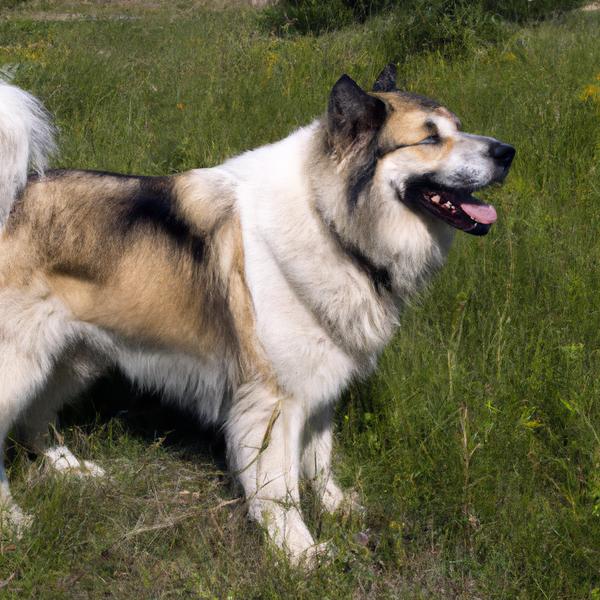
Alaskan Shepherd
Reagle vs Alaskan Shepherd
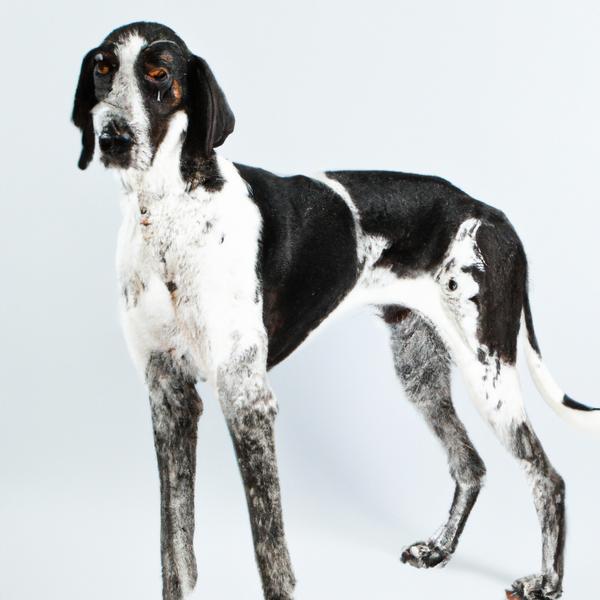
Spantriever
Reagle vs Spantriever
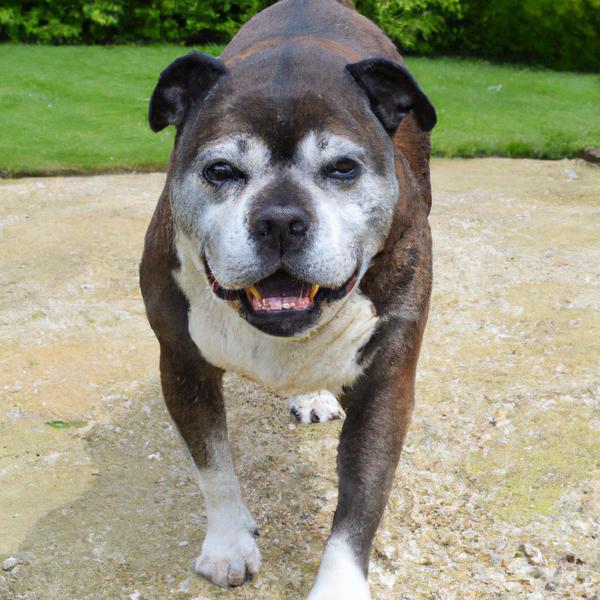
Olde Staff Bulldogge
Reagle vs Olde Staff Bulldogge
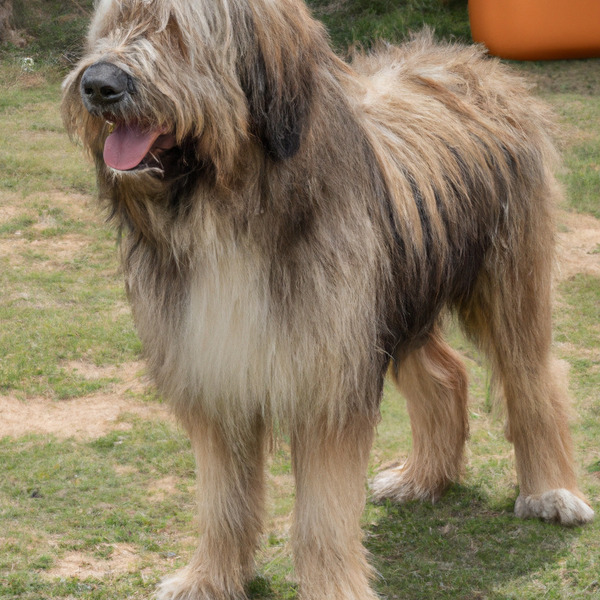
Catalan Sheepdog
Reagle vs Catalan Sheepdog
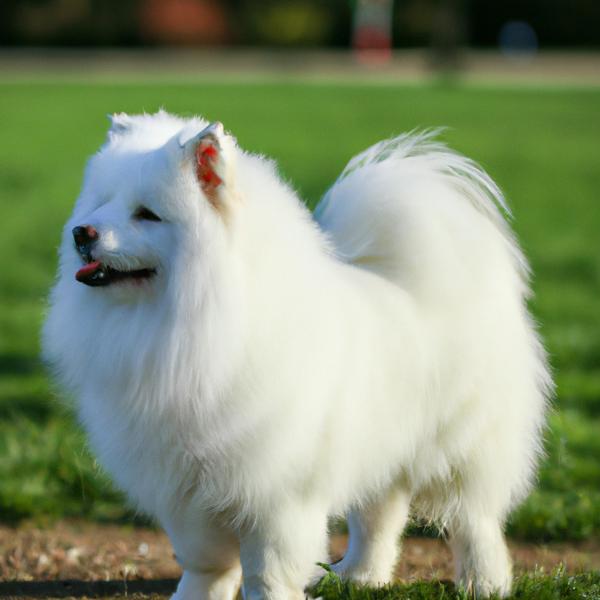
Coton Eskimo
Reagle vs Coton Eskimo
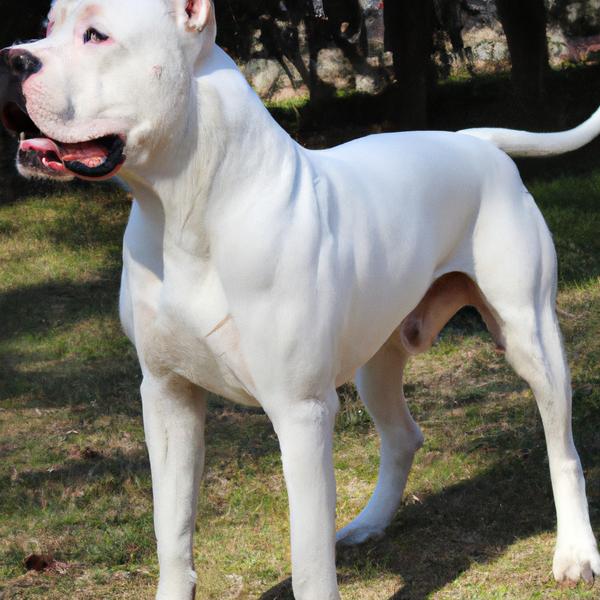
Dogo Argentino
Reagle vs Dogo Argentino
